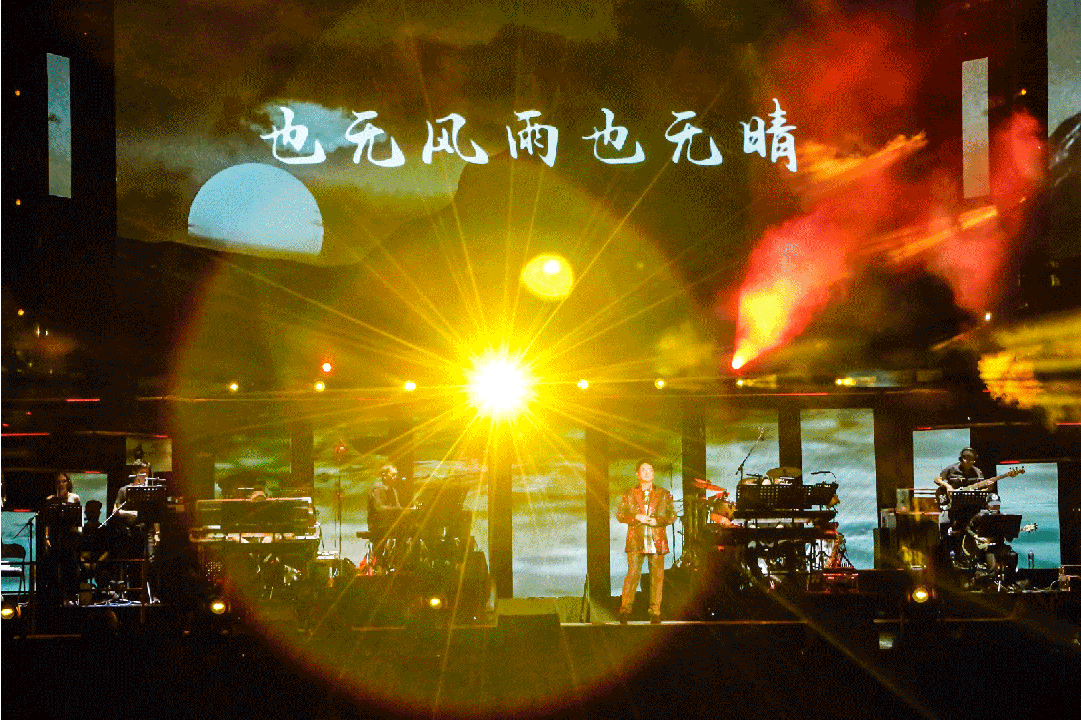Ball valves are globe valves that control the flow of a liquid or gas through a rotating ball with an inner hole. By rotating the ball a quarter of a turn (90 degrees) around its axis, the medium can flow through or be blocked. They are characterized by long service life and provide a reliable seal over the life of the valve even if it is not in use for a long time. Therefore, they are more popular as globe valves than gate valves. For a complete comparison, read our gate and ball valves article. In addition, they are more resistant to contaminated media than most other types of valves. In special versions, ball valves can also be used as control valves. This application is less common because of the relatively limited accuracy of flow control compared to other types of control valves. However, the valve has some advantages here. For example, it still ensures a reliable seal, even in dirty media. Figure 1 is a cross section of a ball valve.
Common ball valve types
Standard (threaded)
Standard ball valves consist of a housing, seat, ball and a lever for ball rotation. They include valves with two, three and four ports and can be internal or external threaded or a combination of both. Threaded valves are the most common and come in many varieties: certified with specific media or application, mini ball valves, Angle ball valves, ISO-top ball valves, with integrated filters or vent points, and so on. They have a wide range of options and operate over a wide range of pressures and temperatures.
Hydraulic type
Hydraulic ball valves are specifically designed for hydraulic and heating systems because of their high working pressure grades and resistance to hydraulic and heating oil. These valves are made of steel or stainless steel. In addition to these materials, the seat also makes the hydraulic valve suitable for high operating pressures. The valve seats are made of polyformaldehyde (POM) for high pressure and low temperature applications. Hydraulic ball valves have a maximum operating pressure of more than 500 bar and a maximum temperature of 80℃.
Flange
Flange ball valve is characterized by its connection. The ports are connected to the piping system by flanges, which are usually designed to a certain standard. These valves provide high flow because they usually have a full bore design. When choosing flanged ball valves, in addition to the pressure class, you must also check the flange compression class, which indicates the highest pressure this type of connection can withstand. These ball valves are designed with two, three or four ports, they can be approved for specific media, have an ISO-top and everything else a standard quarter rotary valve can have. They are usually made of stainless steel, steel or cast iron.
Exhaust type
Exhaust ball valves are almost identical in design to standard two-way ball valves. The main difference is that, in the closed state, the exit port will discharge to the environment. This is achieved by drilling a small hole in the ball and valve body. When the valve is closed, the orifice aligns with the outlet port and releases pressure. This is particularly useful in compressed air systems, where decompression can provide a safer working environment. Intuitively, these valves look like two-way ball valves, when in fact they are 3/2 through because there are holes for deflating.
Circuit function
Valves may have two, three or even four ports, Most ball valves are 2-way and are operated manually with a lever. When the valve is opened, the handle is connected to the pipe. In the closed position, the handle is perpendicular to the pipe. For two-way valves, the flow of the ball valve is only from the input end to the output end. Manually operated ball valves can be quickly closed, so there is a risk of water hammer in fast-moving media. Some ball valves are equipped with drives. The three-way valve has an L - or T-shaped hole that affects circuit function (flow direction).
Shell assembly
Body assembly can be divided into three commonly used designs: one-piece, two-piece and three-piece body. The difference is in the way the valve is assembled, which affects the possibility of maintenance or repair. Valve operation is the same in each implementation.
A type. This is the cheapest variant. The two parts surrounding the ball are pressed or welded. Valve must not be opened for cleaning or maintenance. This type is typically used for low-requirement applications.
Two-piece. The 2pc ball valve can be removed for cleaning, service and inspection. Normally, the parts are connected by thread. The valve must be completely removed from the line to separate the two parts.
The three type. More expensive valves usually come in three pieces. These parts are usually clamped together by bolt connections. The advantage of this implementation is that the valve can be serviced without removing the entire valve from the line.
Qingdao Haiying Valve Co., Ltd. which located in Qingdao city, the gold southeast coast of Shandong, where is very near to China Qingdao Port and Airport. We devote to manufacture and supply ball valve, ball valve with pneumatic actuator, butterfly valve, gate valve, check valve, safety valves, storm valves etc., with cast bronze, cast brass, cast steel, Stainless steel(CF8, CF8M, CF3, CF3M) material. Which is applicable to shipbuilding, petroleum Plant, petrochemical Plant, chemical, metallurgy, electric power plant, water conservancy, urban construction, fire fighting, machinery, coal, food and others fields. The company covers an area of 2600 M2, there are total 55 staffs at present, more than 8 professional technicians.
Our products have been exported to Southeast Asia, Europe, America, Africa, the middle East and other foreign Markets. Haiying will continue to innovate high quality valve products, provide professional and perfect after-sale service. We will try our best to meet the require of domestic and foreign customers. Please contact us!


没有评论:
发表评论